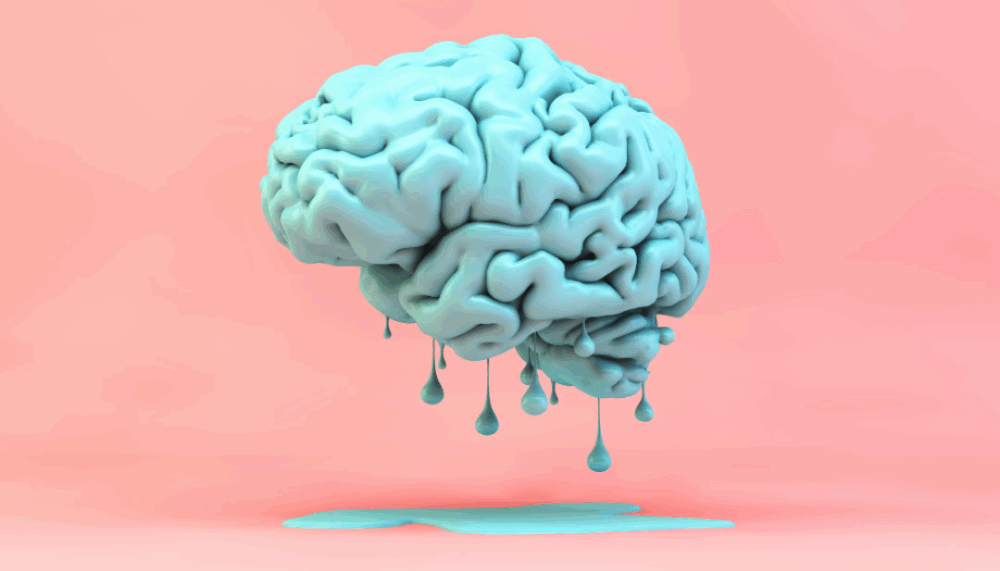Brain Effects
Synchronization Effect
Synchronization occurs when two different systems oscillate in the same way. It has been observed that it’s easier for us to connect with someone when we do something together. Group activities, singing together, or playing sports as a team strengthen relationships and bring people closer. When we do something in sync, it’s as if we’re “tuning in to the same wavelength,” and this “wave” stays with us for a while, even outside the gym.
Zajonc Effect or Audience Effect
This effect shows that the presence of other people influences a person’s behavior. People react differently to being the center of attention. Some feel anxious, get embarrassed, blush, stutter, or get confused in their words and actions. Others, on the contrary, feel energized and become more confident and calm when they notice they’re attracting public interest. It has been noted that the more experienced a person is, the better they perform in front of an audience. Employees who are new to a task tend to make more mistakes if they’re being watched.
Attribution Errors
Attribution is the process of perceiving the causes or motives behind people’s behavior. People want recognition for successful work and tend to deny responsibility for unsatisfactory results. This phenomenon is called self-serving bias. People tend to remember their successes and forget their failures. Generally, people explain problems as being caused by external factors rather than their own personal traits.
Pratfall Effect
When we want to impress someone, we usually try to show only our best sides. However, research shows that displaying vulnerability and weakness actually increases others’ empathy toward us. The more non-critical flaws you have, the more positively people will perceive you.
Paradox of Choice
The more options we have, the less satisfied we are with our decision. It may seem that having more choices is always better, but that’s not the case. Scientists have found that to maintain a sense of satisfaction, it’s important to artificially limit the number of options. This explains why people who shop at small grocery stores often feel more satisfied than those who visit huge supermarkets.
Source
Our Other Channels
- Our friends and partners



